Whatever dance style you or your child chooses, from classical ballet to jazz, they will need to learn the basics about posture and alignment, musicality and rhythm, balance and strength. If it is their first taste of dance, you will find that they will learn all these fundamentals, usually just in a slightly different setting with music to suit the dance genre.
Ballet is Best
A school that specialises in classical ballet, will often hire faculty based on their ability to deliver these fundamental requirements, rather than their track record in competition wins or ability to teach tricks and physical feats. Staff members selected for their commitment to sound technique, are more settled in their employ meaning staff turnover is lower, enabling students to forge meaningful bonds with their teachers.
Unlike a talent school or agency, a ballet school may have a more holistic approach to the health of the dancer; focusing on body and mind, including social and self esteem considerations. Many good ballet schools will employ physiotherapists, pilates practitioners even podiatrists to provide services or classes on site.
Ballet schools are usually aligned with at least one registered dance organisation such as the Royal Academy of Dancing or Commonwealth Society of Teachers of Dancing in order to teach and examine students in a particular syllabus. These organisations all require their members to adhere to Child Safe, Safe Dance and Safe Environment policies. When researching any dance school, check their website and other available information for evidence of this. A school that trains students in strenuous activities such as ballet will insist on facilities being safe, clean, scrupulously maintained and current.
What's your specialty?
Ask the studio to what extent competitions and similar activities take precedence over say, examinations or school performances. All performance experiences are important for a student studying a performing art, however if eisteddfods and competitions are the major focus of a dance school and your child isn’t responsive to a competitive environment, it may do more harm than good. A better option may be a ballet school that gives students the option to enter competitions, but does not insist upon it.
Finally, a word on school culture. Most students find happiness in a setting where they have chosen to express their passions alongside their friends, but there are ways to see if the studio is a healthy environment for your child. Do parents generally feel comfortable leaving their (older) child to take class without waiting or other support? Is the chatter among students happy, convivial and non-competitive? Healthy acknowledgment of physical differences and fun competition is normal, but may be harmful when paired with language that is not inclusive, that needlessly compares students physicality and abilities with one another, or encourages negativity to achieve goals. Do older students care for and mentor the younger ones? Any dance school that encourages senior students to assist, with staff supervision, the preparation and warm up of junior students is fostering a culture of mentorship and inspiration among everyone.


